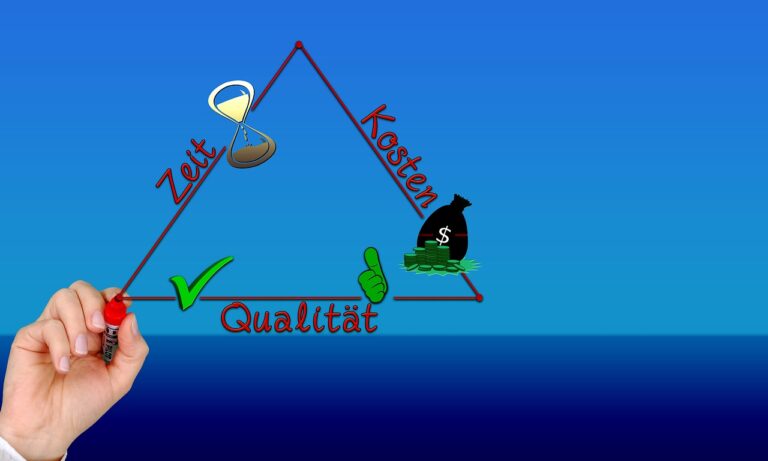Exploring the Role of Failure Tolerance in Fostering Business Innovation
In the fast-paced world of business, mistakes are often viewed as negative outcomes to be avoided at all costs. However, embracing mistakes can actually be crucial for fostering growth and innovation within an organization.
When mistakes occur, they provide valuable learning opportunities for both individuals and teams. By analyzing the root causes of these mistakes, businesses can identify areas for improvement and implement strategies to prevent similar errors in the future. Additionally, embracing mistakes can foster a culture of transparency and accountability, encouraging employees to take calculated risks and think outside the box.
The Relationship Between Risk-Taking and Innovation
In the world of business, risk-taking is often seen as a necessary component for innovation to thrive. When individuals and organizations are willing to step outside their comfort zones and experiment with new ideas, they open up the potential for groundbreaking innovations to emerge. By embracing risk-taking, businesses can push the boundaries of what is possible and uncover creative solutions to complex problems.
Moreover, taking risks can lead to a culture of continuous improvement and growth within an organization. When employees are encouraged to take calculated risks and explore new possibilities, they are more likely to think outside the box and come up with innovative solutions. This not only fosters a sense of empowerment and creativity among team members but also positions the company as a forward-thinking industry leader.
How Failure Can Lead to Creative Problem-Solving
Failure is often viewed as a setback in business, but it can actually be a catalyst for innovative problem-solving. When faced with a failure, individuals are forced to think outside the box and come up with alternative solutions to overcome challenges. This process of trial and error can lead to the discovery of new methods or approaches that may not have been considered before.
Moreover, failure can spark creativity by pushing individuals out of their comfort zones and encouraging them to explore different perspectives. It can inspire a sense of urgency and determination to find a solution, leading to a more dynamic and inventive problem-solving process. Embracing failure as a natural part of the learning and growth journey can ultimately cultivate a culture of innovation within organizations and pave the way for creative problem-solving strategies.







